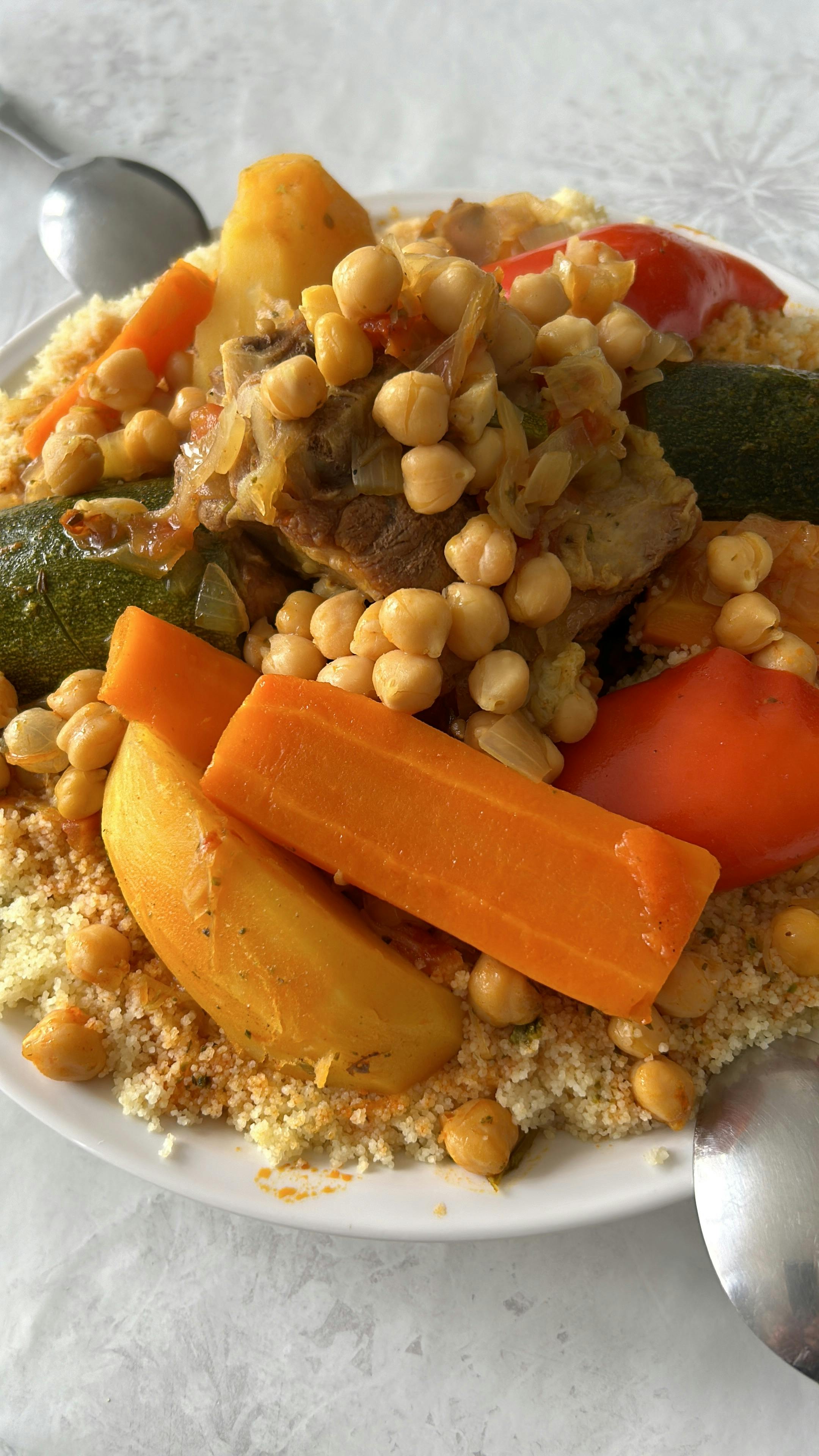Best 5 CrossFit Diet Options to Enhance Performance in 2025

Essential Guide to CrossFit Diets for Enhanced Performance
As athletes push their physical limits, the importance of proper nutrition cannot be overstated. The right CrossFit diet is crucial not only for sustaining energy but also for optimizing performance and recovery. Understanding the role of macronutrients such as carbohydrates, proteins, and fats is key to developing a practical meal plan that fuels your CrossFit workouts. In 2025, the focus on healthy eating for CrossFit athletes is sharper than ever, with an emphasis on whole foods, meal timing strategies, and hydration. This article will explore the best CrossFit diet options available today.
This guide covers trending diets like the paleo and ketogenic approaches, meal prep ideas designed to simplify your food choices, and insights into your hydration practices for CrossFit training. By implementing these CrossFit nutrition strategies, you can significantly enhance your athletic performance and recovery.
Key takeaways include information on balancing macronutrients, meal planning tips, high-protein snack ideas, and effective supplementation strategies for CrossFit athletes.
How to Create Effective Meal Plans for CrossFit
Building an effective meal plan is paramount for any CrossFit enthusiast. Before diving deeper, consider your energy requirements and workout schedules. Meal planning not only helps in timely nutrient intake but also aids in achieving your fitness goals efficiently.
Understanding Macronutrients for CrossFit
Macronutrients are essential for any diet, particularly for CrossFit athletes looking to gain an edge. A typical CrossFit diet emphasizes a balanced intake of carbohydrates, proteins, and fats. Carbohydrates serve as an immediate energy source, vital for high-intensity workouts. Proteins are critical for muscle repair and growth, while healthy fats provide sustained energy during diverse training sessions.
A baseline recommendation is to aim for a macronutrient ratio of about 40% carbohydrates, 30% protein, and 30% fat. To personalize this further, consider factors such as training intensity, duration, and individual goals, whether they be fat loss or muscle gain.
Pre-Workout Meals: Fueling Your Performance
The significance of pre-workout meals cannot be denied. Fueling up with appropriate food choices 30 minutes to an hour before workouts can significantly elevate performance levels. Ideal pre-workout meals can incorporate high-quality carbohydrates alongside moderate protein sources.
Some of the top pre-workout meal options include oatmeal with nuts, quinoa salad, or a smoothie packed with fruits and yogurt. These meals provide necessary energy and prevent fatigue.
Post-Workout Nutrition: Recovery is Key
Equally, if not more important, is post-workout nutrition. After an intense workout, your body requires replenishment of nutrients lost during exercise. A combination of protein and carbohydrates is essential in this phase to kickstart muscle recovery effectively. Aim to consume recovery foods within 30 minutes post-exercise for optimal results.
Some effective post-workout meals include a protein shake with a banana, Greek yogurt with berries, or chicken breast with sweet potatoes. Incorporate these options into meal prep for streamlined recovery.

Hydration Strategies for CrossFit Success
While nutrition is critical, hydration plays a pivotal role in optimizing performance. Proper fluid intake helps maintain energy levels and manage performance during workouts. Inadequate hydration can lead to decreased strength and endurance, impacting workout effectiveness.
Understanding Hydration Needs for Athletes
For CrossFit athletes, hydration goes beyond just drinking water before workouts. It's crucial to also consider fluid intake following workouts and during rest periods. A general guideline is to drink at least half your body weight in ounces of water daily, adjusting based on training intensity.
Tips for Effective Hydration
Incorporating hydration tips can prove advantageous for recovery. Using flavored water recipes or electrolyte-rich drinks can elevate hydration levels. Additionally, natural options such as coconut water can offer essential minerals for recovery.
Impact of Supplements on Performance
Supplements can also play a role in optimal CrossFit nutrition. Natural supplements like protein powders, BCAAs, and omega-3 fatty acids can support muscle recovery, enhance endurance, and provide anti-inflammatory benefits. However, consulting a nutritionist for personalized supplement guidance is advisable.

Best Fats for Your CrossFit Diet
While it’s important to limit unhealthy fats, healthy fats are essential for athletic performance. Including sources such as avocados, nuts, seeds, and olive oil can help fuel workouts while improving overall health.
Incorporating Healthy Fats
Healthy fats play numerous roles in a CrossFit diet, from supporting hormonal health to sustaining energy levels during workouts. Integrating sources of omega-3 fatty acids, for instance, can assist in reducing inflammation post-workout and promoting recovery.
Weight Loss Strategies in CrossFit Diets
For those focused on weight loss, understanding portion control and meal frequency for athletes can play a pivotal role. Employing mindful eating techniques and establishing a calorie deficit while ensuring adequate protein intake will aid in muscle maintenance while promoting fat loss.
Balanced Diet for Performance and Recovery
In conclusion, a balanced diet with optimal nutrition timing can significantly affect performance and recovery in CrossFit training. Monitoring meal prep strategies and understanding your specific nutritional needs are crucial steps to improving your CrossFit journey.
Q&A: Common Concerns in CrossFit Nutrition
What are the top foods for CrossFit performance?
High-energy foods like quinoa, brown rice, lean meats, and healthy fats are excellent choices for fueling workouts and recovery.
How often should I eat for CrossFit?
Maintaining a regular meal frequency, about every 3-4 hours, can help sustain energy levels throughout the day.
Can I lose weight while doing CrossFit?
Absolutely! A well-structured CrossFit diet focusing on calorie management and nutrient-rich foods can facilitate weight loss while preserving muscle mass.
By understanding these essential CrossFit diet components, athletes and fitness enthusiasts alike can maximize their performance and recovery in 2025 and beyond.